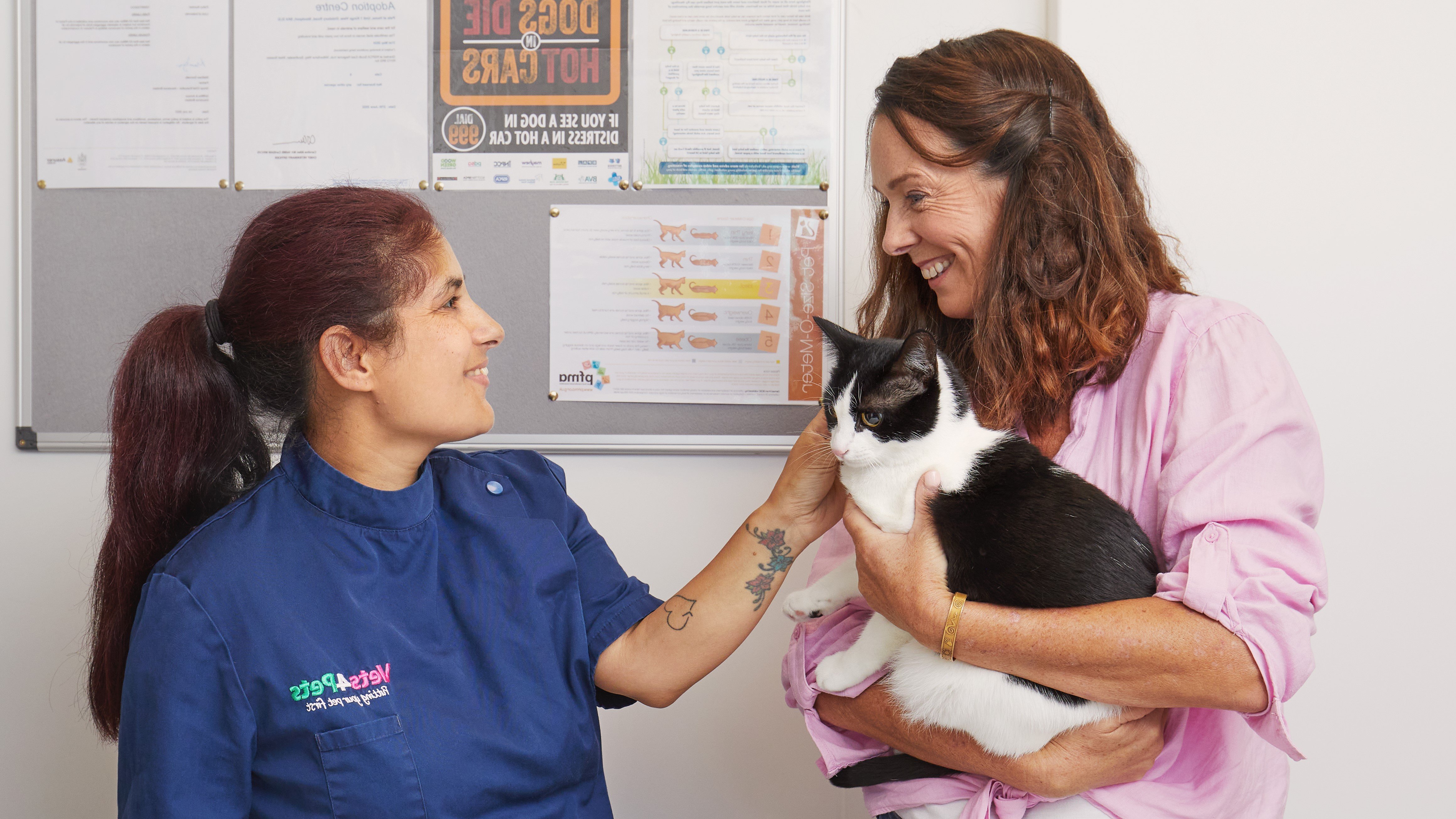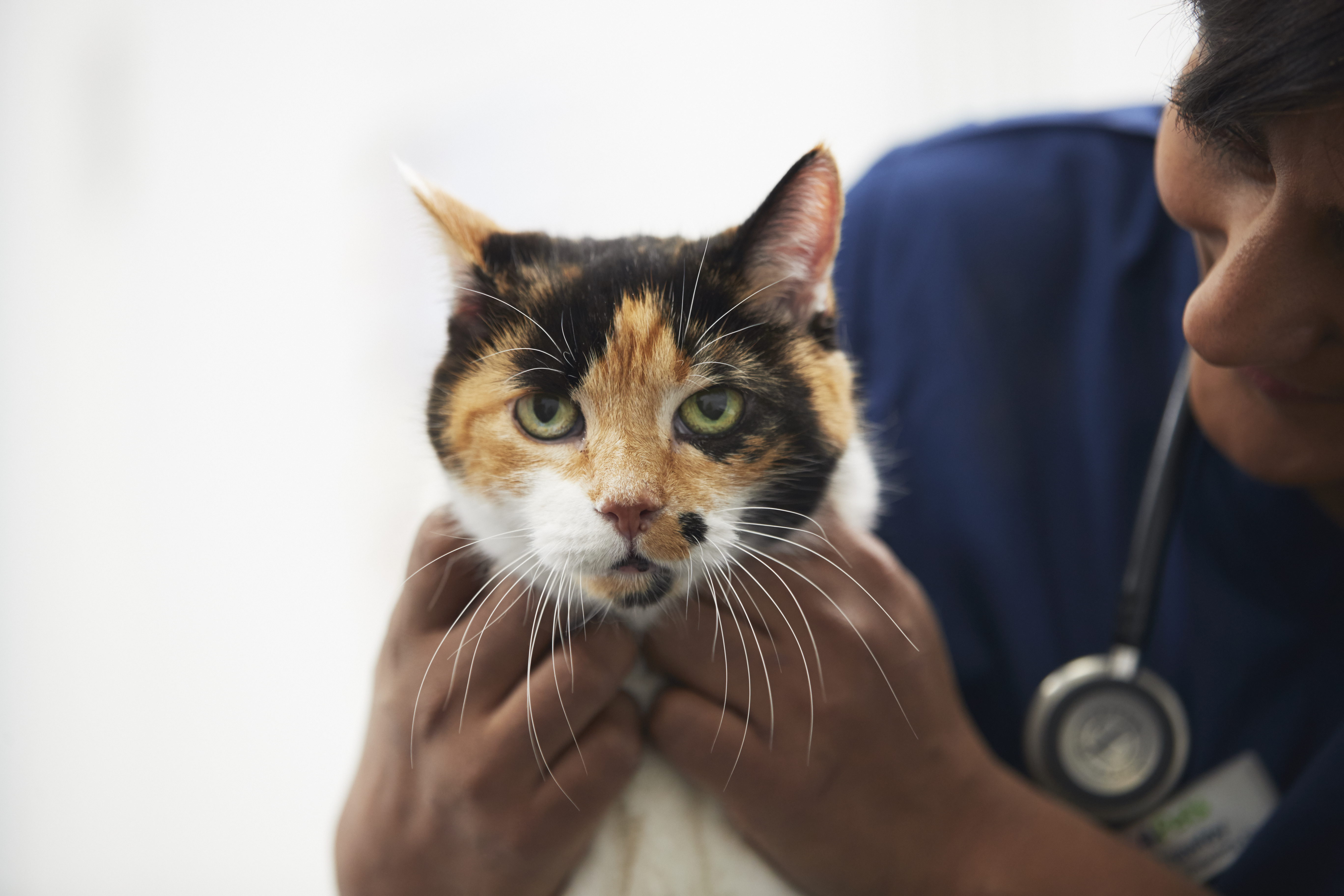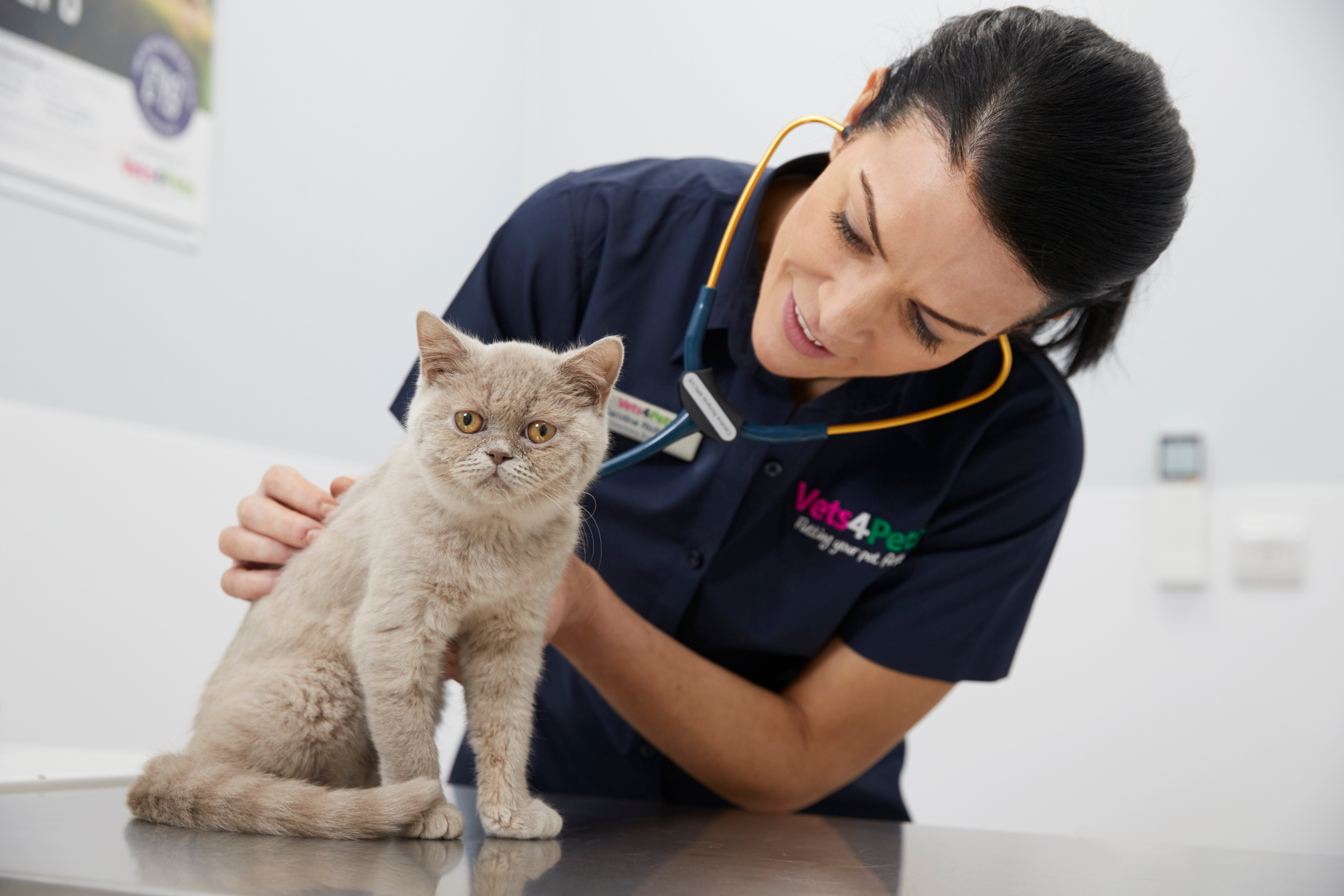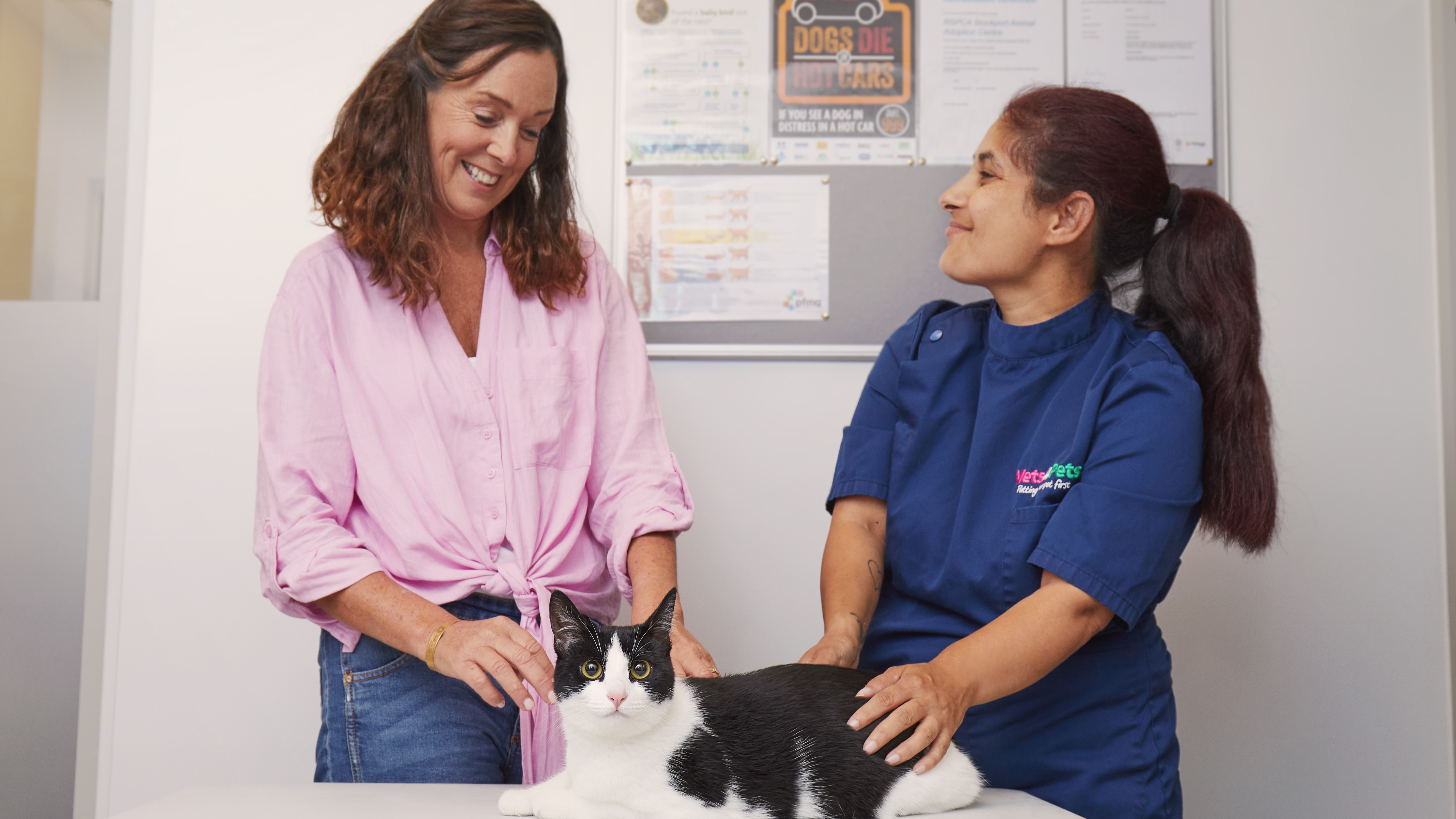
5 ways to financially prepare for emergency vet care
We all want the best for our pets and that means being able to provide them with the best veterinary care.
Veterinary medicine is, of course, private healthcare for animals and in a perfect world, no-one would have to make decisions on their pet’s healthcare based on cost.
But the truth of it is that nobody has limitless finances and often, what resources we do have may already be committed to paying the rent or mortgage, keeping a car on the road, or providing school lunches for children.
Hopefully, you’ll never have to make an emergency trip to the vets but making sure you are financially prepared to look after your pet should they become sick or injured will mean that you can have peace of mind.
5 ways to be financially prepared for emergency vet care
When you and your vet are discussing how to proceed with your pet’s care, it’s best to be up-front about what you think you can afford. If your vet understands your situation from the beginning, it will help them to plan immediate and subsequent steps when you bring your pet to see them.
Whatever your budget, your vet will be able to talk you through your pet’s investigation and treatment choices so that you can prioritise your pet’s welfare, while also being realistic about what you may be able to afford.
Put simply, pet insurance helps cover the cost of veterinary treatment in the case of unexpected illness or injury.
The cost of pet insurance can vary depending on several factors such as breed, age and the type of policy that you select. Generally, the higher the cover, the higher your premiums could be.
Most pet insurance providers provide different levels of cover, so it’s important to make sure you understand exactly what each policy covers. This will help you get the most value from your pet insurance – most pet owners do not realise that some policies can also cover things like a finder’s reward in the event your pet goes missing, cattery/dog boarding fees should you have to spend time in hospital and compensation in the event of your pet’s death, or if they are lost due to theft or straying.
While the best scenario for your pet is that you never have to use your pet insurance, sadly pets can get into all sorts of mischief. Older pets especially are prone to a wide range of health problems so the vast majority of our pets will need veterinary treatment at some point in their lifetime.
Pet insurance gives you peace of mind, and when you do need it, it can be a lifesaver.
We’re very lucky here in the UK to have the NHS, however the same service does not exist for our pet’s healthcare. This means that we, as pet owners, are responsible for paying for any veterinary care our pets may need.
Pet owners are often tempted to choose an alternative to pet insurance, particularly if they have had a pet before, paid to insure them and never needed to make a large claim. Some alternatives to insurance could be either paying for treatment for accidents and illnesses as they occur, using savings, credit cards or borrowing; or putting money aside every month into a special ‘emergency fund’.
When considering how much money you should have available for emergencies, it’s worth thinking about their age and breed – older pets and certain breeds can be more susceptible to various health conditions, which may require more veterinary care. A diagnosis of diabetes in your cat or dog could cost you upwards of £10,000 over your pet’s lifetime, and a complicated fracture repair can easily cost several thousand pounds.
So, if you choose not to insure your pet, it’s important that you have another means of covering the cost of any veterinary treatment.
If your pet becomes unwell or is injured and you’d like to spread the cost of your pet’s treatment, it’s worth mentioning this to your vet.
Some vet practices may offer payment plans via a third-party finance provider which allow you to pay for your pet’s treatment in installments.
This is only available in participating practices so speak to your local team to find out what options are available in your practice.
There are many charities, like PDSA and Blue Cross, which provide assistance with veterinary fees, or veterinary treatment to sick and injured pets when their owners can’t afford it.
In most cases, support is available to pets whose owners receive certain benefits but check with the charity directly to check your eligibility.
I'm on a Health Plan, do I need pet insurance as well?
Health Plans and insurance are both important to help protect your pet, but they’re very different things, make sure you know what’s best for your furry friend.

Pet symptom checker
Out-of-hours emergency services tend to cost more than a standard vet practice because they need to pay a team to be on hand all through the night.
So if you’re not 100% sure whether your pet needs to be seen immediately, it’s worth using our symptom checker as a guide.

Complete Care Junior support line
If you’re on the Complete Care Junior Health Plan, you’ll have access to a team of veterinary nurses, via our Support Line, who will help determine if the situation is urgent and offer appropriate advice.
Calling our helpline first can save you time, cost and the stress of an unnecessary trip to the vet.

How to save money with preventative healthcare
Did you know that many of the conditions which vets treat pets for every day are often preventable?
The simplest way pet owners can give their pets a chance of a long, illness-free life is by keeping them as healthy as possible, and it will save money as well!

Read more expert pet advice
From healthy diets to preventing fleas, find free and helpful pet health and training advice to care for your pet.
